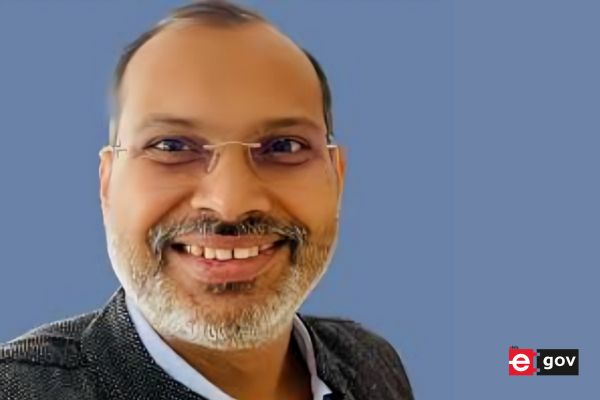The Med-e-Tel 2006 edition took place on 5-7 April at Luxexpo, Luxembourg. It was host to 400 decision makers from 48 countries and featured a world class conference programme, opening up windows to a multitude of ICT applications in the modern healthcare environment.
The opening plenary conference session presented and discussed some key activities and organisations that serve as reference points for the state of telemedicine and eHealth in the world today:
The World Health Organisation’s (WHO) Global Observatory for eHealth, and the needs of the member states for ehealth tools and services was presented by Yunkap Kwankam, eHealth Coordinator, WHO.

The European eHealth action plan, which is concentrating on making the most of health ICTs and a better integration of a range of eHealth policies and activities was presented by Illias Iakovidis (Deputy Head of Unit, ICT for Health, DG Information Society, European Commission).
The Telemedicine Alliance’s vision for eHealth implementation was presented by James Kass (European Space Agency).

The role of the International Society for Telemedicine & eHealth (ISfTeH) in the advancement of telemedicine and eHealth through interaction and cooperation among national and international stakeholder groups and associations was presented by Frank Lievens, Board Member, ISfTeH.
Industry viewpoint on the relationship between public and private sector to develop sustainable eHealth programmes was presented by Pramod Gaur (President & CEO, Viterion TeleHealthcare).
A returning topic at Med-e-Tel 2006 was on ‘eHealth for Developing Countries’.
The session attracted once again a large number of stakeholders from developing countries and was chaired by World Health Organisation (WHO), International Telecommunication Union (ITU) and International Society for Telemedicine & eHealth (ISfTeH) representatives. Also the role of satellite communication and space-based technology applications in healthcare, especially for developing countries and for remote and isolated areas, was explored in a session coordinated by the United Nations Office for Outer Space Affairs (UNOOSA).
Extensive focus was placed throughout the conference on homecare and health/disease management, covering topics such as medication compliance, telemonitoring of vital signs, fall detection, video communication, and more. Home telehealth offers affordable and sometimes even necessary solutions to face the challenges of early hospital discharge, an increased ageing population and the associated rise in chronic conditions, and a predicted nursing shortage. Keeping patients-at-risk at home, or keeping the elderly living longer independently in their own home, will considerably relieve the current healthcare system and healthcare budgets.
On a related subject, the International Initiative for Ubiquitous Healthcare (uHealth), presented its views on how collaboration between countries and the use of broadband and wireless mobile technologies can help to provide healthcare to people anywhere at anytime. The initiative was conceived as part of the future activities of IEEE Healthcom, which brings together academia, industry, healthcare and information technology professionals to facilitate collaborations for the development of humanity’s future good.According to the uHealth Initiative, the world’s increasing ageing population necessitates concentrated research and action on healthcare paradigms beyond the current hospital-based healthcare regime because the hospitals (which are already stretched to limits) will not be able to handle the increase in ageing population. Current partner countries in the initiative include Australia, France, Greece, Korea, Taiwan and USA, with more to join soon.
Aims and results of various current European eHealth projects were also presented. Among them Healthware, a standard and interoperable satellite solution to deploy healthcare services over wide areas as one. Application domains of the project include medical training, second opinion (interactive video-communication between medical experts/specialists/doctors and sharing documents), and telecon-sultation (interactive video-communication between patient and doctor).
The above conference sessions were complemented with various additional sessions on the topics of tele-education, disease surveillance, electronic records and data transmission, healthcare challenges, telecardiology and practical telemedicine and eHealth applications in several other medical disciplines. g
Report by Frederic Lievens
Programme details can still be found at www.medetel.lu, or contact info@medetel.lu for more information. Med-e-Tel 2007 is scheduled for 18-20 April 2007 in Luxembourg.
Be a part of Elets Collaborative Initiatives. Join Us for Upcoming Events and explore business opportunities. Like us on Facebook , connect with us on LinkedIn and follow us on Twitter, Instagram.











